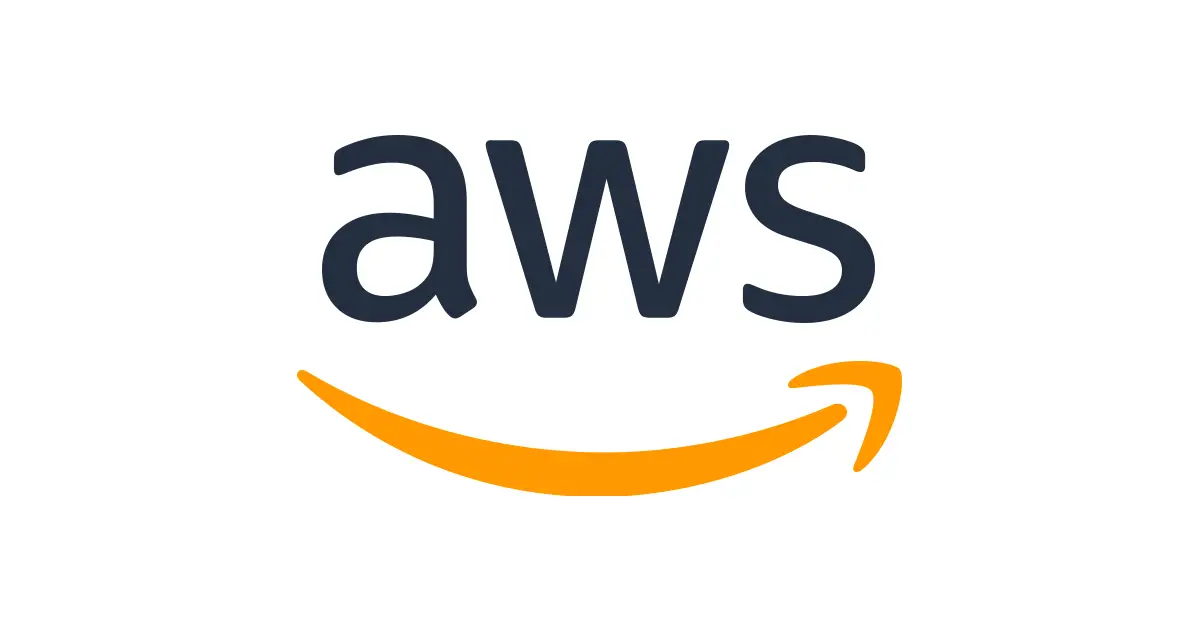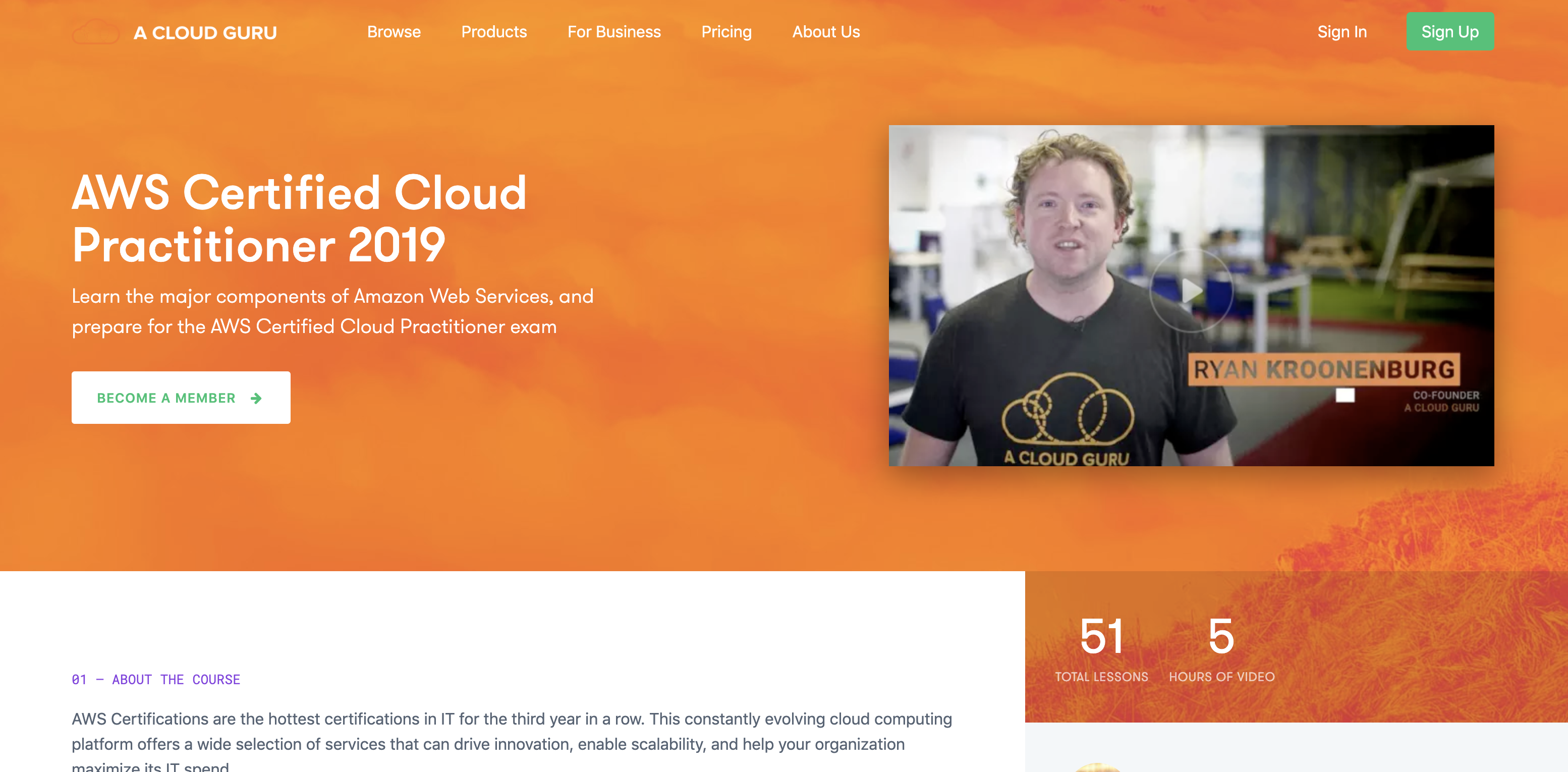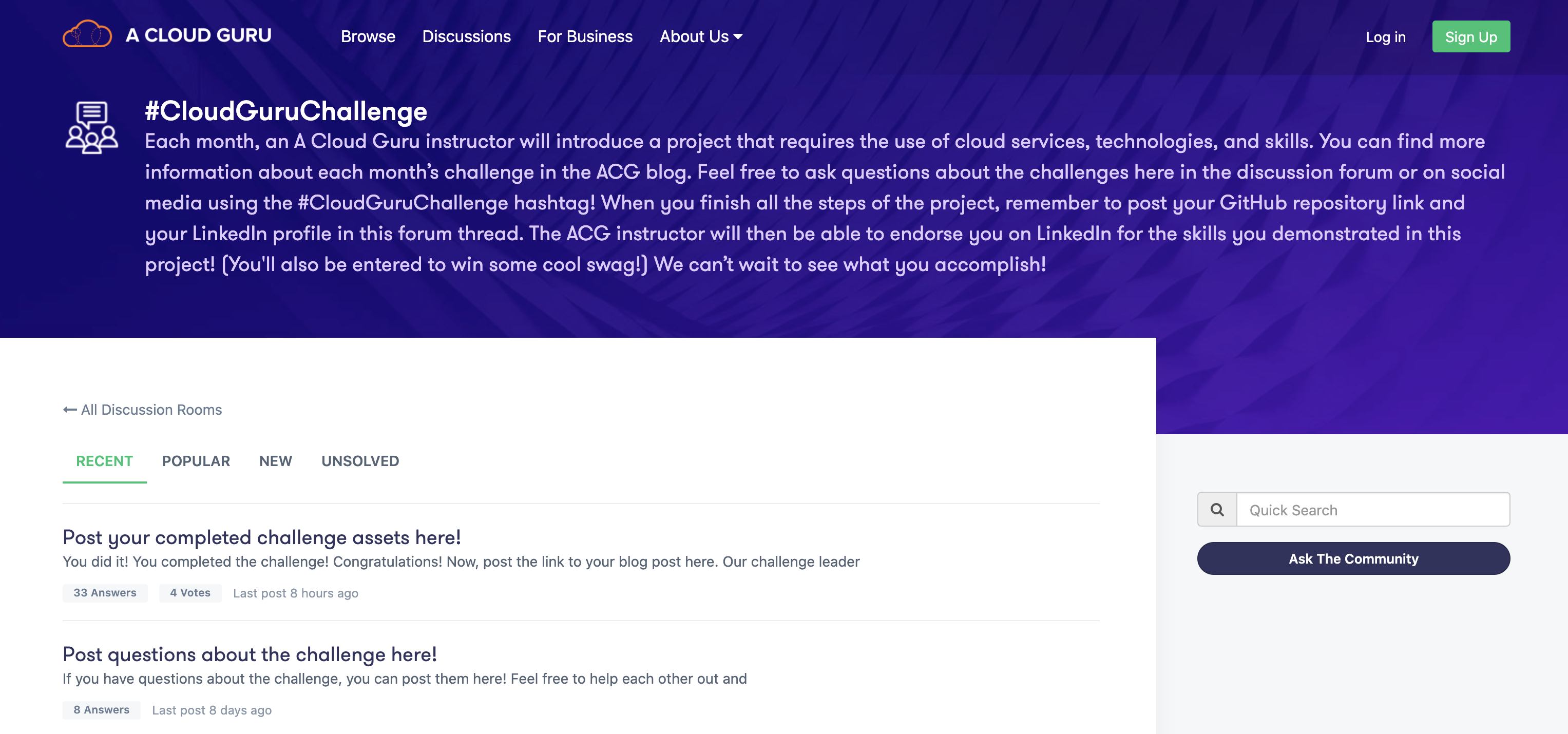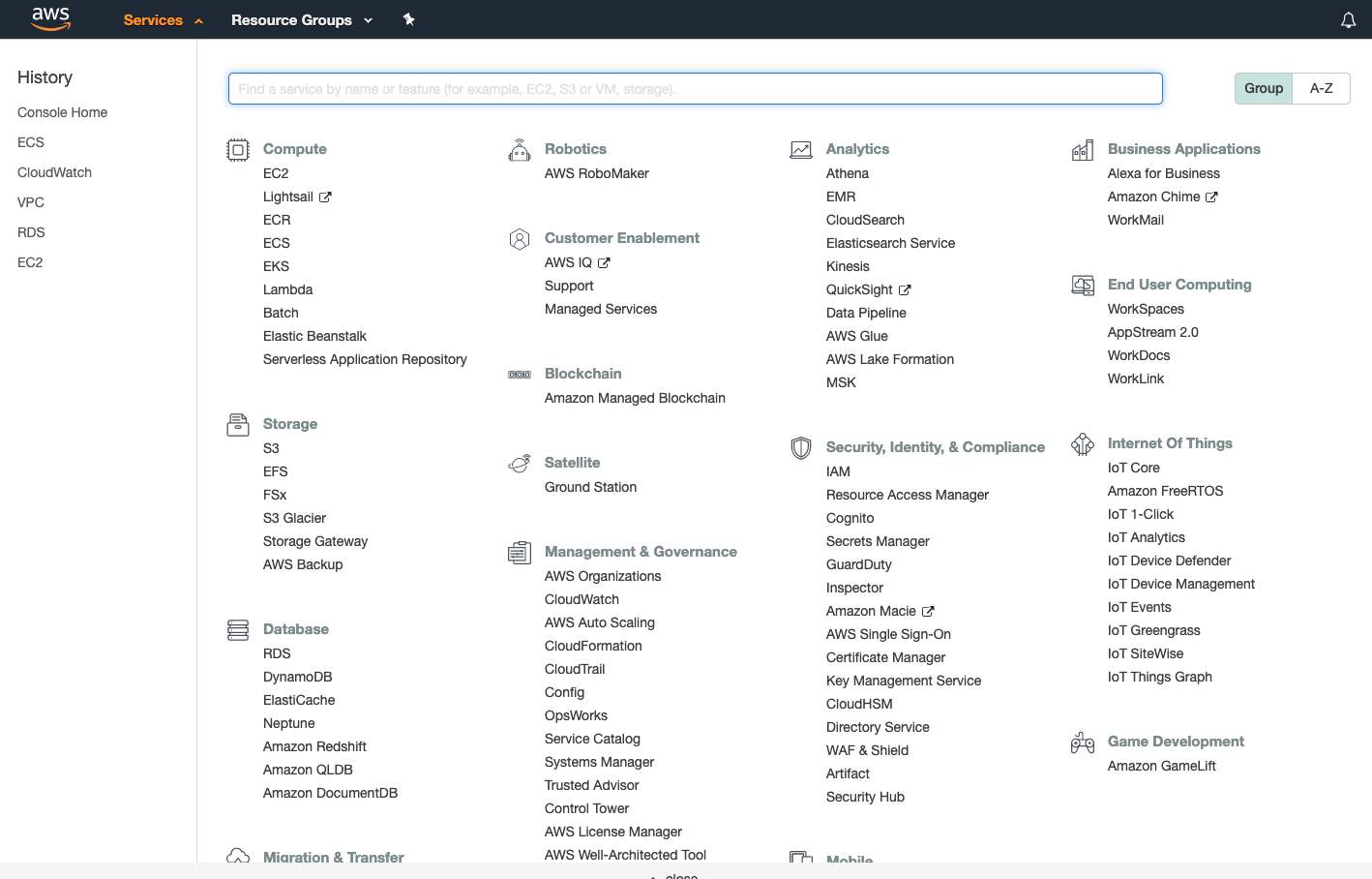Can You Learn AWS On Your Own? How To Ensure Success.

There are many ways to learn AWS. But the thought of learning anything new on your own definitely seems daunting, right? So you might be wondering if AWS is one of those topics where it possible to teach yourself. Today, I’ll answer that. **Can you learn AWS on your own? Yes. Learning AWS can be done through self-study and that’s the same way that many learn AWS. There are also many online courses and communities to help you learn AWS on your own. ** So, there you have it! AWS can be learned on your own. But of course, there’s more to it than that. I do have a bunch of hints and tips that can make learning AWS on your own that little bit easier, if you’re curious, read on…
Sign Up For A Course
The first step I’d suggest you take when learning AWS on your own is to sign up for a course. A course isn’t essential as there’s plenty of free learning material out there, but it can give you some much needed structure and guidance.

Most online cloud courses center around getting a certification. Whether you’re interested or not in being certified these courses often the necessary structure to them. And if you do take the exam at the end, that’s just an added bonus!
The main course platforms that you might want to check out are: ACloudGuru and CloudAcademy, or you can check out the independent courses that are available on Udemy. It’s also worth checking out the material on the main AWS courses site as they also do have plenty of free learning materials.
Join A Community

As with most learning, especially on your own, it can be very beneficial to have a support network around you of friends, colleagues or just keen learners like you to share ideas, and help you get unstuck.
Most of the courses / products mentioned before have some forms of community attached to their product which you can join in to ask questions or get support, for instance: ACloudGuru has a discussion forum where you can ask questions.
That said, there are many different ways to find or form a community to learn with, here’s some ideas to get you started:
-
If you’re already at a company, consider starting a small group of people who are interested in learning more, and start sharing with them.
-
Attend a local meetup group where you can speak to different people who might be interested in forming a small study group with you.
-
Look online for the different slack channels or forums that you can join (I’m part of the cloud resume challenge discord server, for example)
-
Post on your social media, it’s entirely possible someone you know or are connected to is also thinking about learning AWS. So don’t discount reaching out on social media as a way to find a learning group.
Experiment

And lastly, when it comes to learning AWS on your own, don’t forget that experimenting is one of—if not—the best way you can learn AWS. Watching courses and taking exams can help you on your way, but getting hands on is where you’ll do the real learning.
A good way to experiment with AWS is using a tool like ACloudGuru’s sandbox. Which allows you to work in an isolated AWS account which gets terminated after 24 hours, so no nasty bills or clean up to worry about. Another useful tool to look at is Cloud Nuke, which can completely clean an AWS account.
If you’re also struggling for ideas for what to create in your experiment, you should check out the ACloudGuru challenge, which is a monthly practical challenge that you can complete within AWS.
When it comes to setting up your AWS account for experimentation, I’d also recommend following these steps: Your personal AWS setup (and how to not get hacked)
Ready To Learn AWS?
So, to recap: You can learn AWS on your own. And this is indeed how many people learn AWS—so don’t worry.
But make sure to set yourself up for success by: creating a learning plan and structuring your learning, reaching out to a community or form one of your own, and don’t forget to roll your sleeves and get hands on.
If you’re keen to learn AWS, I’d suggest you also check out my article: Where (And How) to Start Learning AWS as a Beginner which will take you through many different considerations when it comes to starting to learn AWS.

Lou Bichard
Hey I'm Lou! I'm a Cloud Software Engineer. I created Open Up The Cloud to help people grow their careers in cloud. Find me on Twitter or LinkedIn.
See all posts →Latest posts by Lou Bichard (see all)
- 2024 Summary - A year of trips and professional work - January 9, 2025
- 2023 Summary - Data Driven Stories About The Cloud - December 31, 2023
- 2022 Summary - The Open Up The Cloud System - January 1, 2023